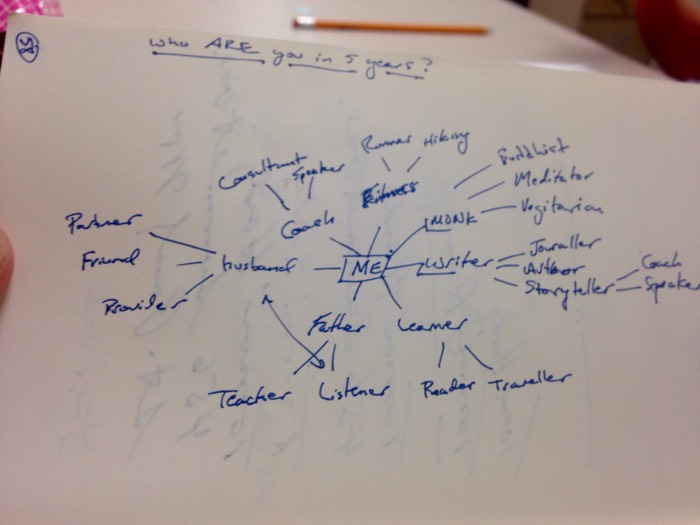When it comes to the things I use, especially those I rely on every day, I want to use only things that have been proven as much as possible. Proven to work. Proven to last. Proven over time and use.
This is fairly easy and straight forward to find in the offline world. For instance, I gravitate towards and enjoy using pen and paper because it is proven. As a tool it works, lasts, requires nothing else, has been around for hundreds of years, and is used almost everywhere so is easy to find. Other tools are proven too. Hammers are proven, for example. Nail guns may be a quicker way to drive a nail but require power and have a hundred ways they can fail or break. A hammer always works.
In the online world, it’s a bit more difficult to find things that are proven. Things change quickly. Formats and applications come and go. What’s hot today is gone and unsupported tomorrow in too many cases. Experience has taught me not to rely on many of these things or to be too quick to jump on board new things that come along. They aren’t proven.
Yet, there are some things in the online world that are proven — at least as far as such things can be in the world of technology. Here are two examples: Plaintext and Email. Plaintext (.txt) as a format is proven. It has been around in some form or another since the dawn of modem computing. Email, the basic plaintext form of it, has been around long enough to be considered such. These are things I trust. Things I have used for a long time, work today much the same as they always have, and the chance of continuing to work far into the future is high. Plus, they’re practically universal. Practically everyone who is online has an email address. Practically every computer can open a plaintext file.
This doesn’t mean I won’t use things that aren’t proven. I will and sometimes do. But I don’t place my faith or trust in them until they are proven. I don’t pretend they will be around forever and I always have an escape plan for when they inevitably go away. I don’t go all in on a new thing, especially if it means abandoning something proven.
So, when people ask me why I love and prefer email over [Insert latest email killer here] it’s because email is proven. It’s why I don’t use the latest note taking app or word processor. It’s why you won’t find me hoping on the latest new social thingamajig or chatting whatnot or blogging whozit. And while I watch those things come and go and their users jump on and off them, I’ll still be here using the same proven tools I have for-what-might-as-well-be-ever and getting the things I want to do done.
